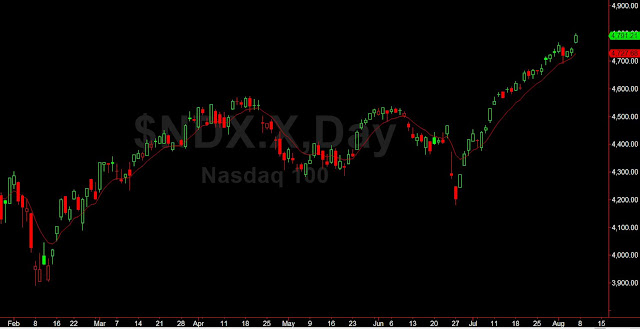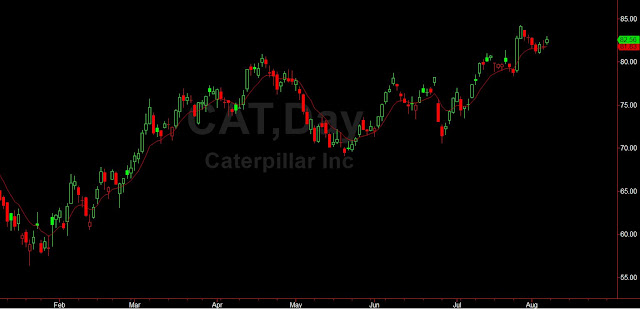While discussing the results of the election (who hasn't!) with a friend who also is a practicing psychologist, he reminded me of my Psychology 101 course in college referring to Dr. Elizabeth Kübler-Ross's theory of grief and grieving. Interestingly, it not only applies to the individual but collectively in a group who has suffered a loss! Let's look at the aftermath of the election and see how her theory might be applied.
Dr. Kübler-Ross stated that there are 5 stages to loss and grief: denial, anger, bargaining, sadness or depression, and acceptance.(Wiki).
Denial. We were all shocked on both sides that Donald Trump was elected president. For days, people were in denial saying "Say it ain't so, Joe!". This continued until the next step.
Anger:
The anger was expressed in a multitude of ways including peaceful protests to riots:
Weekend brings more anti-Trump protests across nation (cnn)
Anti-Trump protesters march for 3rd night; Portland [Oregon] police call it a 'riot' (CNN)
Bargaining:
This stage of grieving is seen on all the news shows' pundits saying "what if".... Many are staying that, because Clinton won the majority vote (by over 2 million) Trump can claim no mandates that the majority of voters voted for. Also, there is a movement for recounts that, although probably won't change the outcome of the election, there is a consolation that also proves that the majority of voters don't approve of Trump's plans.
Sadness and/or depression:
There are a lot of people still going around with sad faces trying to console themselves and others to the results of the election. This part will take time to get over, depending on the individual. But we will see this continue.
And finally acceptance.
I doubt many are there yet. But once we see Donald Trump being sworn in as the 45th president of the United States, the undeniabilty of it all will finally begin to sink in. Again it all depends on the individual person, but collectively it will be interesting to see how long it takes the "Left Half" to reach acceptance. "Verrrrry Interesting!!!" (Arte Johnston, Youtube).
On another note:
As mentioned in a previous blog, the United State's golden standard, the Dow Jones Industrial Average, is making new highs even as we speak. But it is the lone holdout for the rest of the world's stock markets are in a bear market rally.
On another note:
As mentioned in a previous blog, the United State's golden standard, the Dow Jones Industrial Average, is making new highs even as we speak. But it is the lone holdout for the rest of the world's stock markets are in a bear market rally.
The DJIA:
Note the Global Dow which is made up of stock markets around the world:
Observe that it is NOT making new highs! In a strong bull market (like from 2003-2008) it is practically straight up. The recent run-up is choppy and at a less of an incline. I don't expect this index to reach new highs.
So the bear market is intact.
Another harbinger of things to come, interest rates are starting to head up and gaining steam. Although it is being blamed on Trump's election, the 30 year treasury bond rates bottomed way before the election. This means that investors are demanding more money as global economic conditions worsen.
This will affect us all as we will be paying more for borrowing. Mortgage rates are starting to climb. Another entity will be paying more for borrowing no matter what Trump does: the U.S. government!
So for every one percent (1%) that interest rates go up, the U.S. government will have to pay a whopping 160 billion dollars in interest each year! So far, interest rates have gone up .9% this year. If the rates go up 5%, you do the math! Oh, by the way, I guarantee you that, the Fed's Janet Yellen will be increasing the Fed Rate in the next few months. They always follow what Treasury Bonds do.
How does this all affect us on an individual level? One half of the nation is in grieving mode at various levels. When the anger dies down (some places are still protesting) the mood will be adding to the already sour mood of the world. I continue to wait for the other shoe to drop, that is, the Dow to follow the rest of the world's stock markets. I truly believe that this will happen sooner than later when the Dow runs out of gas and selling commences. This will affect our 401K's, IRA's and stock holdings. As interest rates increase, for those who have their money in savings accounts and CD's, you should be seeing a slow rise in your interest accounts.






















































